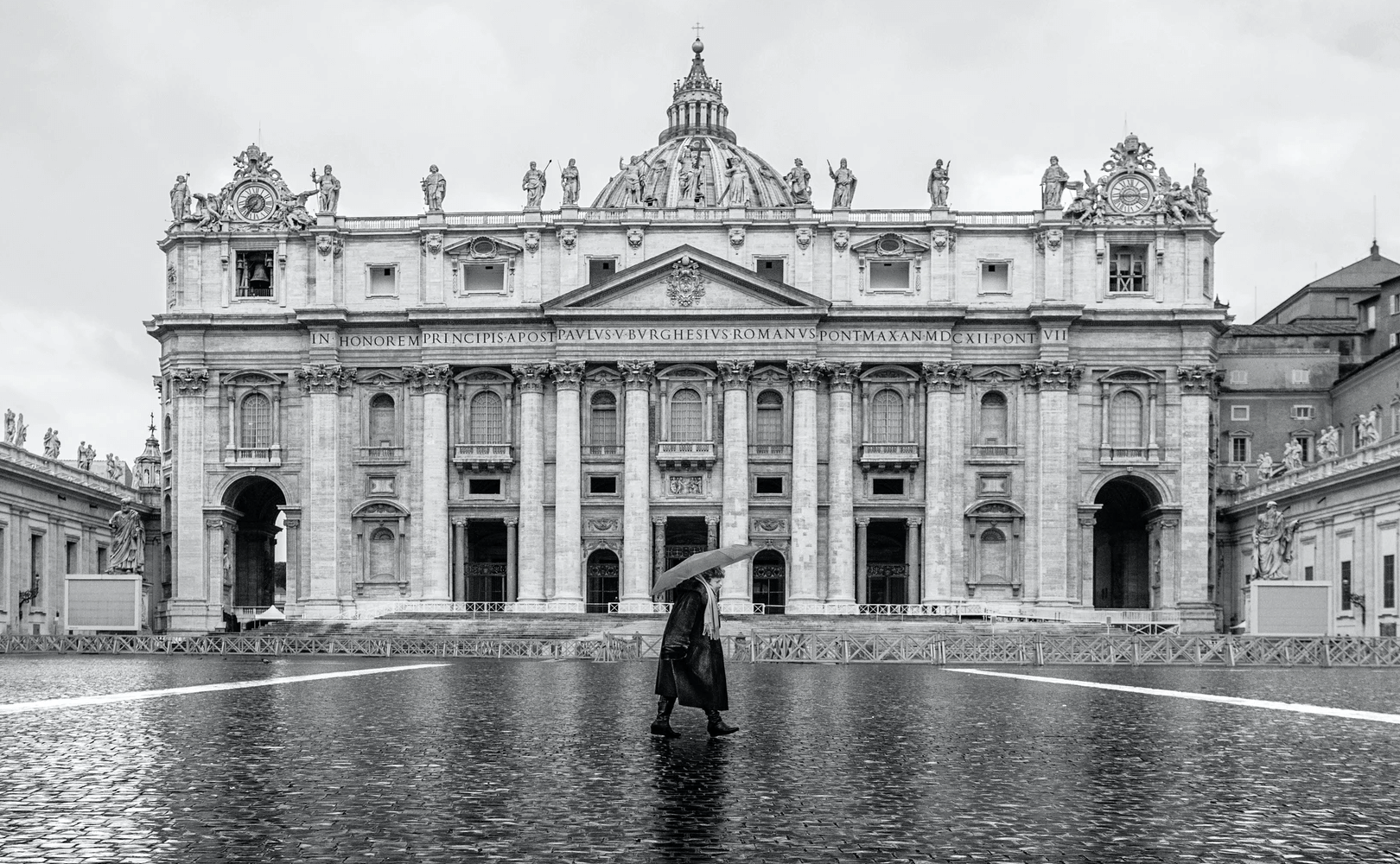In a previous article (here), I made the case that the pope, when he exercises his non-infallible teaching authority, as he typically does in encyclical letters, apostolic exhortations, letters to bishops, etc., does not speak therein with the full authority of the Church (as he does when he speaks ex cathedra), but rather with his own authority as the pope.
This authority, however, which the pope exercises even when not speaking infallibly is still considerable. The obligation to accept non-infallible papal teaching has been forcefully expressed in many authoritative documents. For example, Pope Pius XII, in Humani Generis §20, says this:
Nor must it be thought that what is expounded in encyclical letters does not of itself demand assent, since in writing such letters the popes do not exercise the supreme power of their teaching authority.
Vatican II, in Lumen Gentium §25, puts it this way:
In matters of faith and morals, the bishops speak in the name of Christ and the faithful are to accept their teaching and adhere to it with a religious assent. This religious submission of mind and will must be shown in a special way to the authentic magisterium of the Roman Pontiff, even when he is not speaking ex cathedra; that is, it must be shown in such a way that his supreme magisterium is acknowledged with reverence, the judgments made by him are sincerely adhered to, according to his manifest mind and will.
If even the non-infallible teaching of popes and bishops requires “religious assent” or “religious submission of will and intellect,” it might be tempting to conclude that the distinction between infallible and non-infallible papal teaching is merely academic. If a faithful Catholic is obliged to accept all of it in any case, then there would not seem to be much practical difference between the infallible teaching and the authentic (non-infallible) teaching.
But what exactly is this religious assent? It must correspond in nature to the kind of teaching to which it responds; that is, teaching which is authoritative but not infallible. Because it is authoritative, we owe it our assent; but because it is not infallible, this assent must be opinionative and conditional in nature.
By opinionative, I mean that if a pope officially teaches something about faith or morals in a non-infallible way, then we are obliged to think that what he teaches is true (while still acknowledging that it could be false). This is typical of the way we express opinions: I think that the Detroit Tigers will not win the World Series this year (even though I know they could). This is a real assent—I really do think that the Tigers will not win and I have good reason for thinking that; but it is the kind of assent characteristic of opinions rather than certain knowledge.
The religious assent due to non-infallible papal teaching is also conditional. By that, I mean that the obligation holds only as long as it does not conflict with a higher obligation. This is typical of basic moral reasoning in any case where different obligations come into conflict with one another. The obligation to obey the speed limit, for example, might give way in certain cases to a higher obligation to get a dying person to the hospital in time to save his life. The obligation not to break into a neighbor’s house will give way to the higher obligation to save a life if someone is trapped inside when the house is on fire.
An even better example to illustrate the point under discussion is the way we teach the fourth commandment to children. We ordinarily express the obligation that children should obey their parents in an unqualified way, as St. Paul does to the Ephesians: “Children, obey your parents in the Lord, for this is just” (Eph 6:1); but this command is always understood to be conditional rather than absolute. It applies only on the condition that parents act within the scope of their authority under divine and natural law. Were a parent to command something contrary to a higher law (divine or natural), then the child’s obligation to obey his parent would cease in that case. For “we ought to obey God, rather than men,” as St. Peter says (Acts 5:29).
Similarly, we are obliged to accept the non-infallible teaching of our Holy Father only on the condition that he acts within the scope of his authority under divine law. If he were to teach something contrary to a higher law of belief, then the obligation to give religious assent to this teaching would yield to the stricter obligation binding the faithful to believe the word of God and hold fast to the infallible teaching of the Church.


